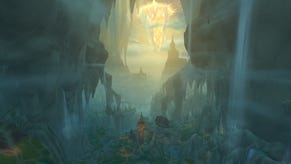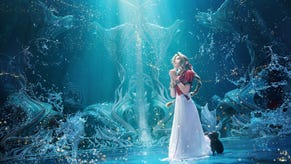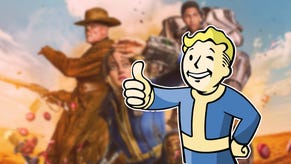How Nintendo Saved Baseball in Seattle
An odd chapter in Nintendo's history is coming to a close. Here's how they ended up with the Mariners in the first place.
This article first appeared on USgamer, a partner publication of VG247. Some content, such as this article, has been migrated to VG247 for posterity after USgamer's closure - but it has not been edited or further vetted by the VG247 team.
An odd but interesting chapter in Nintendo's history will soon be coming to a close. If you're a sports fan, you probably know that Nintendo has owned baseball's Seattle Mariner for some 24 years now. But that's about to change.
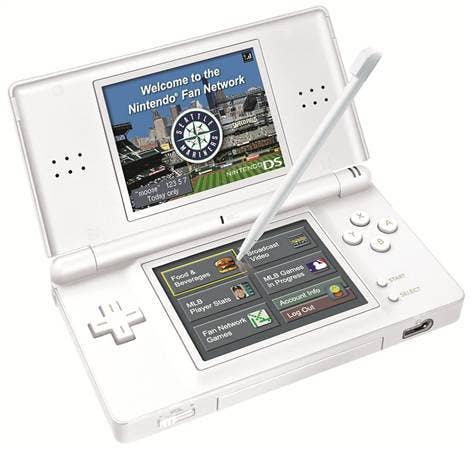
In a statement yesterday, Nintendo announced that they will be selling all but 10 percent of their stake in the Seattle Mariners to a group headed by minority owner John Stanton. The move has been rumored for a few years now, ever since Nintendo president Hiroshi Yamauchi passed away in 2013. It will net the company some $1.4 billion - a welcome influx of cash in the midst of an uncertain period for the platform holder. It also represents the end of an era.
Nintendo originally purchased a majority share in the Seattle Mariners as a way to give back to the community. At the time, the Mariners were a poor team in a bad stadium situation, and rumors persisted that they would be moving. Then-senator Slade Gorton approached Nintendo and a number of other local businesses about the possibility of finding a Japanese shareholder, and Nintendo decided to buy in themselves.
The sale almost didn't happen, though. Nintendo's move to buy into the Mariners came in the midst of an economic downturn, a large trade deficit, and the perception that Japan was trying to buy up American institutions. It was enough that baseball commissioner Fay Vincent announced that a sale to non-North American owners would not be approved, despite the fact that Yamauchi intended to hand over his voting share to Nintendo of America president Minoru Arakawa, who lived near Seattle.
Baseball's ten-member ownership committee, which included future president George W. Bush, met to decide whether to approve the sale. Nintendo faced allegations of racist hiring practices - critics claimed that the company had virtually no African-American employees - and involvement in gambling. David Sheff's seminal chronicle of Nintendo's early history, Game Over, tells the story like this:
"The ownership committee continued to meet in secret, although there were sporadic leaks. Rumors that the deal was dead were followed by one that said that the committee had suggested to Nintendo that Yamauchi's investment would be approved if he lowered his interest to under 50 percent. Yamauchi reportedly refused to become a minority owner, causing some to wonder how sincere he had been in the first place. Yamauchi said he was stepping in to help Seattle-"to pay back" some of what Seattle and the United States had done for him. Then why wouldn't he be more flexible? The fact was that Yamauchi was unlikely to agree to a minority interest in anything."
Public support was behind Nintendo, which intended to keep the team in Seattle, so Yamauchi eventually got his team, even though he had little interest in baseball one way or another. As Sheff wrote, "In Seattle, if not the rest of the country, Nintendo was viewed as the savior in a town that had been frustrated by the large company's lack of involvement in local society and philanthropy. Nintendo gained favorable attention not only on the business pages of newspapers around the country, but on the sports pages as well."
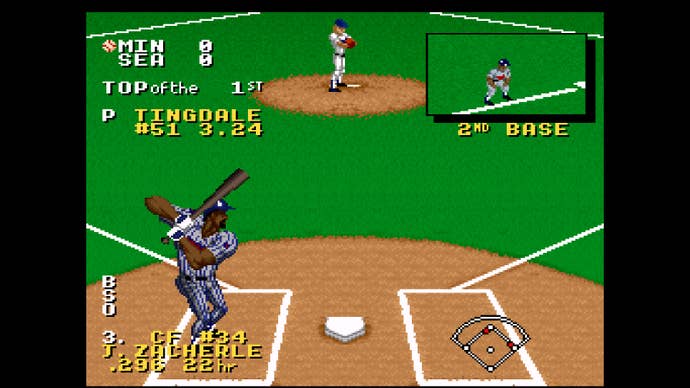
In the years that followed, Nintendo's influence over the Seattle Mariners was felt in various ways. Mariners superstar Ken Griffey Jr. headlined Ken Griffey Jr. Presents Major League Baseball for the Super Nintendo and Nintendo 64, and a Nintendo DS app made it possible to order food at the park. Howard Lincoln, who teamed with Arakawa to lead Nintendo to prominence in the '80s and '90s, also eventually took over as Mariners CEO in 2000.
Alas, Lincoln's stewardship of the Mariners wasn't as successful as his stint with Nintendo. Though Lincoln, who plans to retire now that Nintendo has sold their stake, oversaw a boom in the early 2000s that culminated with the Ichiro Suzuki-led Mariners winning 116 games in 2001, the Mariners never managed to win a World Series under his watch. What's more, the front office was reportedly something of a mess in later years, with Lincoln among those implicated as being responsible.
Still, if not for Nintendo, Seattle might have lost both baseball and basketball. For that, Mariners fans are surely grateful.


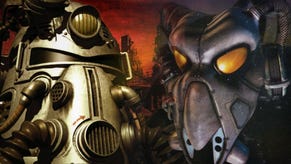
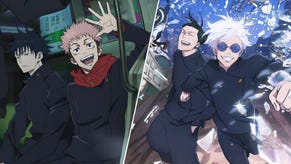
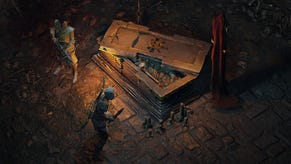
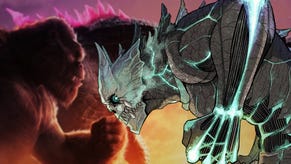
_ddwYK80.png?width=291&height=164&fit=crop&quality=80&format=jpg&auto=webp)
